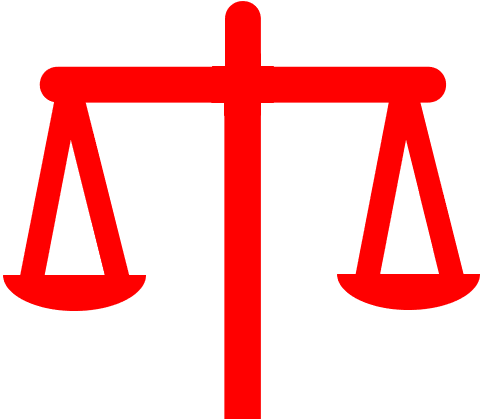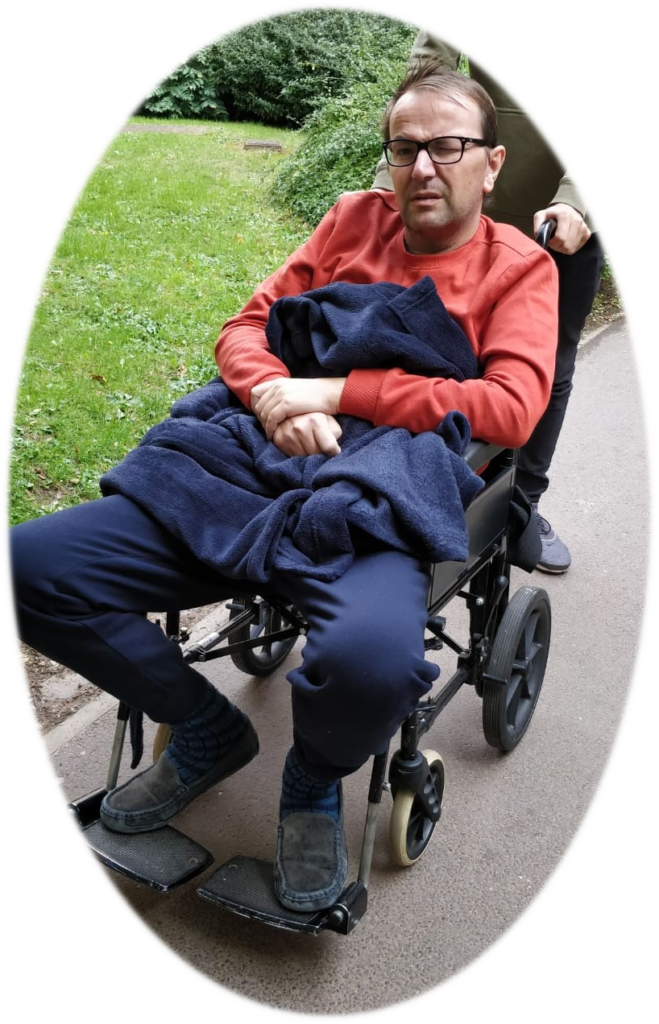Equality for all

August 18th 2020.
I write this two years to the day since my accident and I am now disabled under the Equality Act.

God too promotes equality for the disabled. “Do not curse the deaf or put a stumbling-block in front of the blind, but fear your God. I am the LORD. Do not pervert justice; do not show partiality to the poor or favouritism to the great, but judge your neighbour fairly.” (Leviticus 19:14-15)
Equality is for all, Great or Poor, Deaf or Blind… Sadly, my awareness of others striving for equality has been from a truly wonderful minority. My experience is that God is graceful, gentle and loving. Jesus does not advocate taking advantage of the disabilities of others. He leads by example.
Jesus was not a stereotypical Alpha male leader -thank goodness! “He will not shout or cry out or raise his voice in the street.” (Isiah 42:2). His concern, people bruised and fragile. (Isiah 42v3) The Spirit of God was on him and Jesus linked himself to that Prophesy of Isiah. (Luke 4:17-21)
In previous reflections I have described how connected I have been to the parable of the lost sheep (Luke 15), having felt lost and distant in my recovery. Prior to my accident I had thought a focus on just 1 instead of 99 was neither sensible or strategic.
Having been one of the lost I have truly valued God’s daily attention. Despite years of faith, my focus and time had been blurred by a misplaced historical focus on religious activity and tradition rather than relationship with, and service alongside, a living God of the Alpha and Omega. I needed to reconnect.
Religious traditions and activity can be distant to true faithfulness despite serious pretence, and Jesus was clear about this.
“You have let go of the commands of God and are holding on to the traditions of men.” (Mark 7:8) “These people honour me with their lips, but their hearts are far from me. They worship me in vain; their teachings are but rules taught by men.” (Matthew 15:8-9) “you nullify the word of God by your tradition that you have handed down. And you do many things like that.” (Mark 7:13)
I think I may be back to the cognitive elite, failing to understand and apply their immense knowledge.
And so it was with the parable of the lost sheep offered in response to religious leaders critical of Jesus’s connection with everyone including the lost, bruised and fragile in need. “But the Pharisees and the teachers of the law muttered, This man welcomes sinners, and eats with them.” (Luke 15:2)
There is huge celebration for the return of the lost. This should surely be the focus of Church today. “I tell you that in the same way there will be more rejoicing in heaven over one sinner who repents than over ninety-nine righteous persons who do not need to repent.” (Luke 15:7)
Those with religious leadership in the here and now are as yet imperfect people, just like everybody else. It must be hard to have their biblical knowledge.
“It ain’t the parts of the Bible that I can’t understand that bother me, it is the parts that I do understand.” (Mark Twain)
As in the parable of the Good Samaritan, it is not always the person with religious status who serves God best.
Luke follows the parable of the lost sheep with the parable of the lost [and then found] coin (Luke 15:8-10) and the lost [and then returned] prodigal son (Luke 15: 11-32)
We must be Christlike and strive to reunite everyone to God. God is for all.